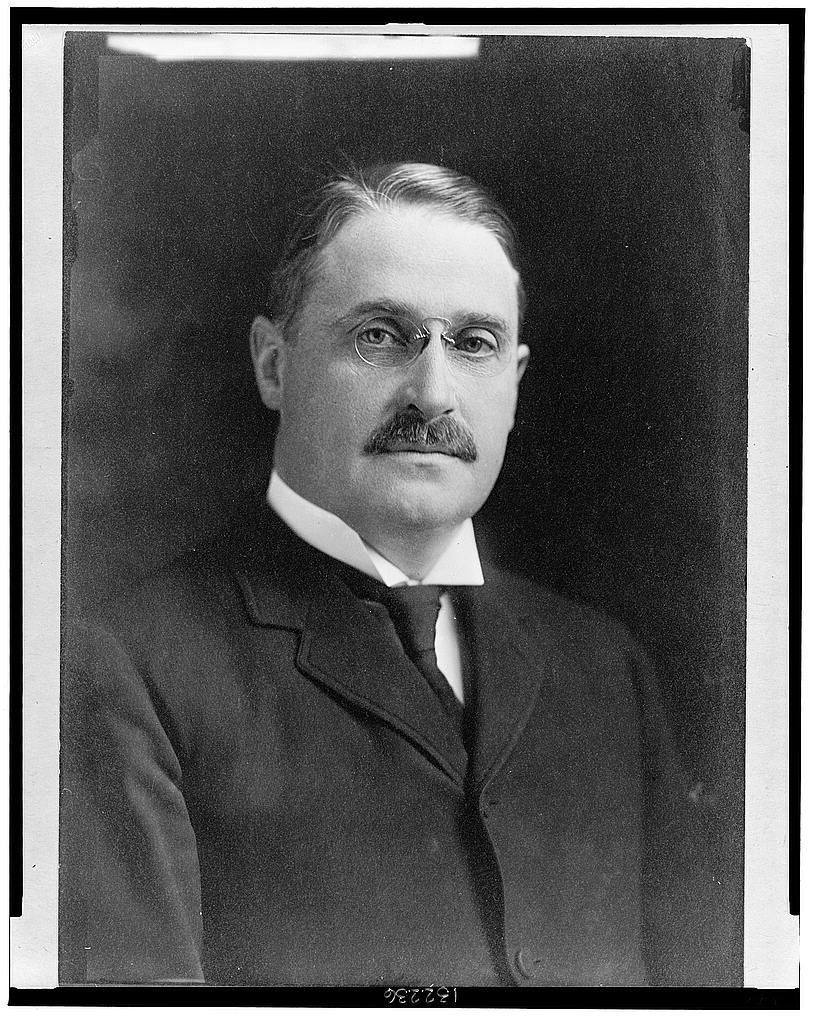A native of New London, Frank Brandegee was first elected to the United State Senate in 1905, to fill the seat left vacant by the death of Orville Platt. While fairly reclusive in his private life, Brandegee was known as a skilled debater on the Senate floor and a fierce opponent of progressive legislation. This included opposition to federal anti-child-labor laws and to federal enforcement of Prohibition. Perhaps no issue branded his career, however, as much as his opposition to women’s suffrage.
Fearing an expansion of federal influence, Brandegee wanted suffrage issues to be regulated by individual states. He proved so adamant in his convictions that he refused to debate the issue or even discuss it with women’s suffrage advocates from his home state of Connecticut.
When the 19th amendment passed in June of 1919, granting women the right to vote, Brandegee faced a tremendous backlash from voters over his opposition to it. In the elections of 1920 he was able to retain his Senate seat, but only by a very narrow margin. The years that followed brought numerous personal and financial hardships for Brandegee and he ultimately took his own life in 1824, leaving behind a contested and controversial legacy.
To learn more about the embattled career of Senator Frank Brandegee and the fight for women’s suffrage, read Christopher A. Griffin and Henry S. Cohn’s article, “Senator Brandegee Stonewalls Women’s Suffrage“ in Connecticut Explored magazine. Also, check out the Fall 2018 issue for more on the state’s battles over suffrage.
© Connecticut Explored. All rights reserved.
Note: ConnecticutHistory.org does not edit content originally published on another platform and therefore does not update any instances of outdated content or language.









